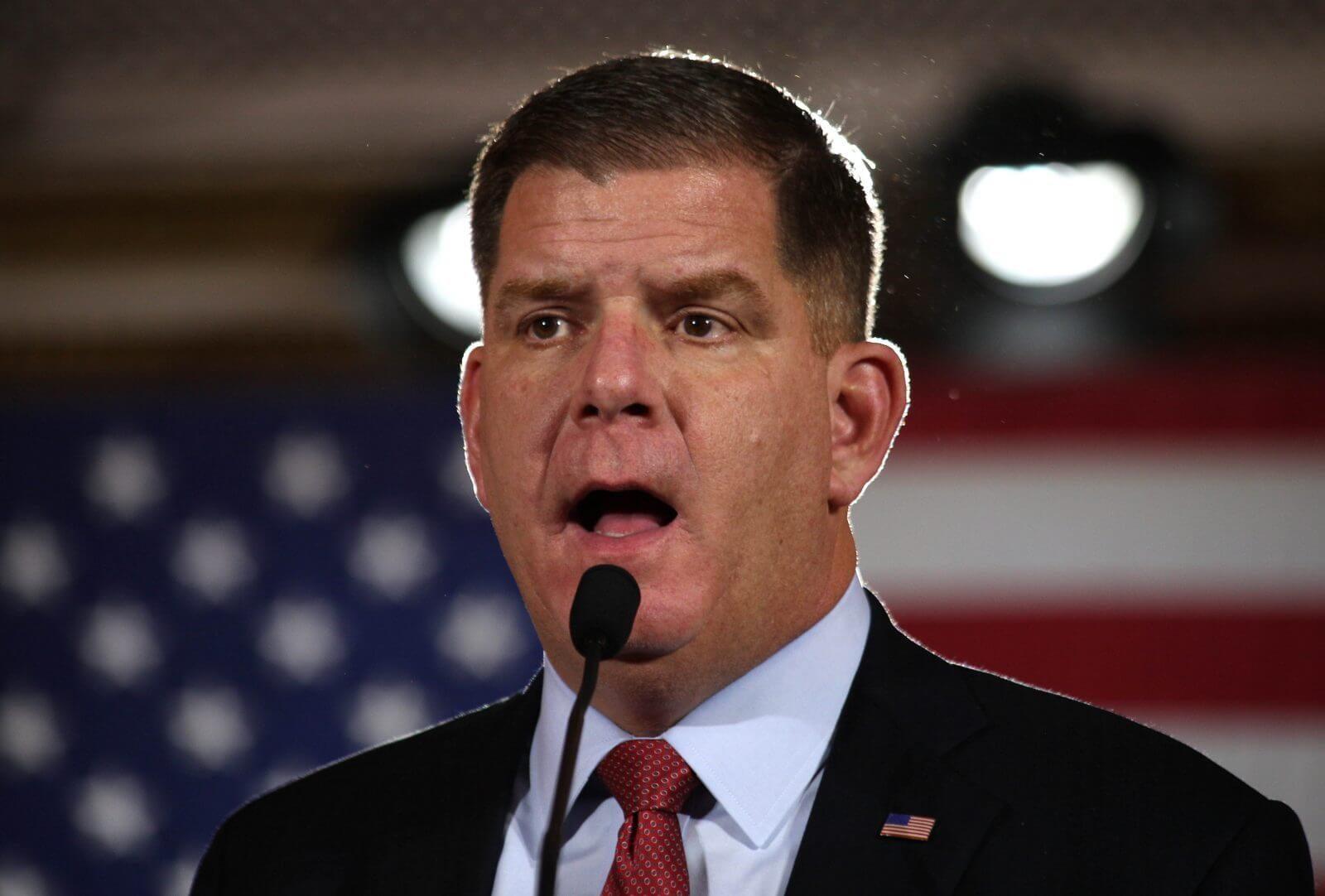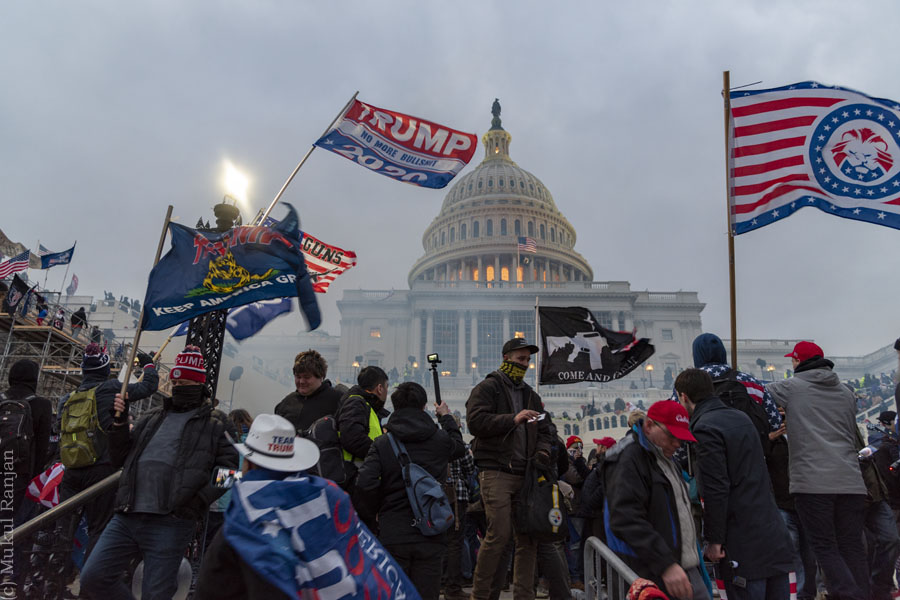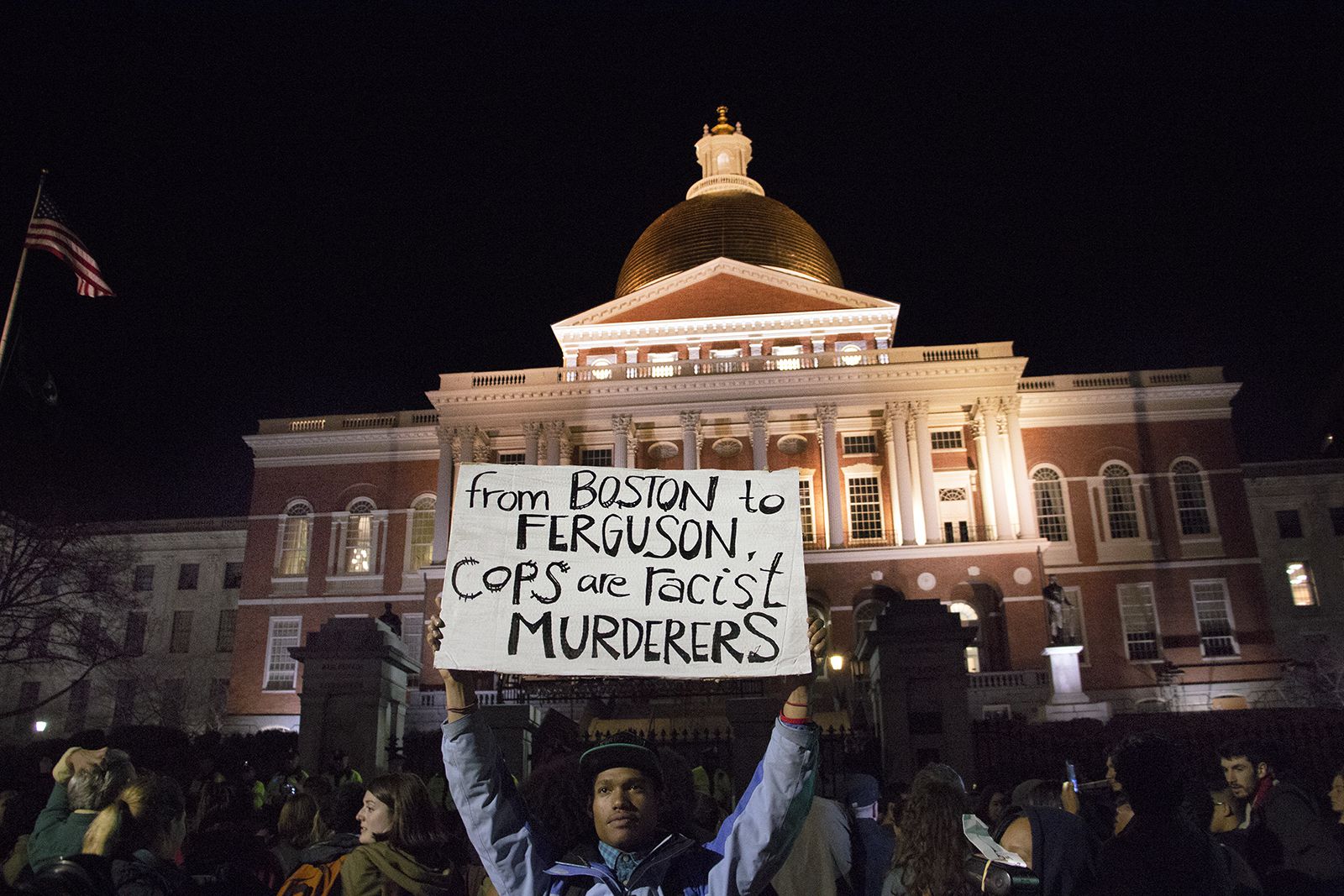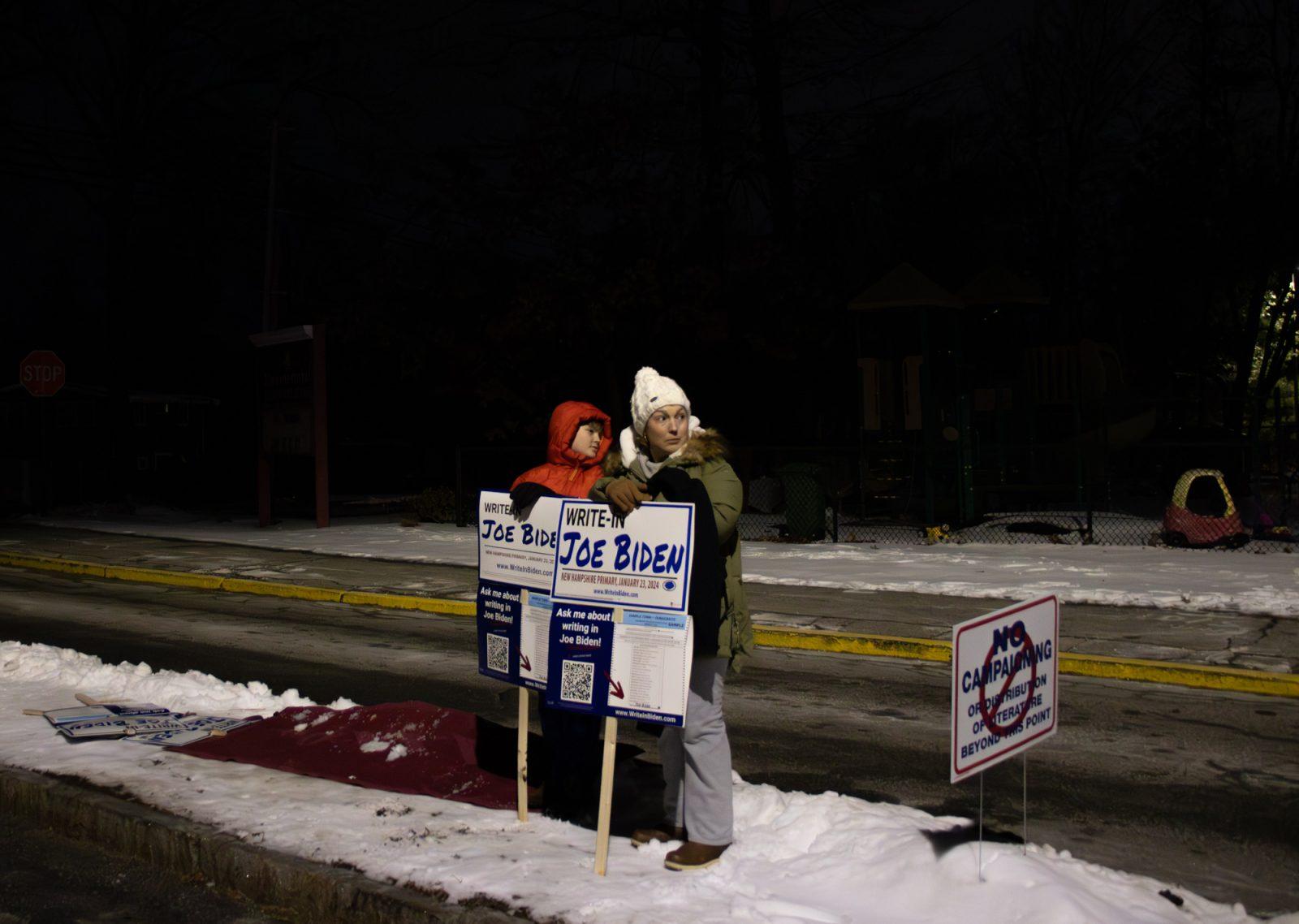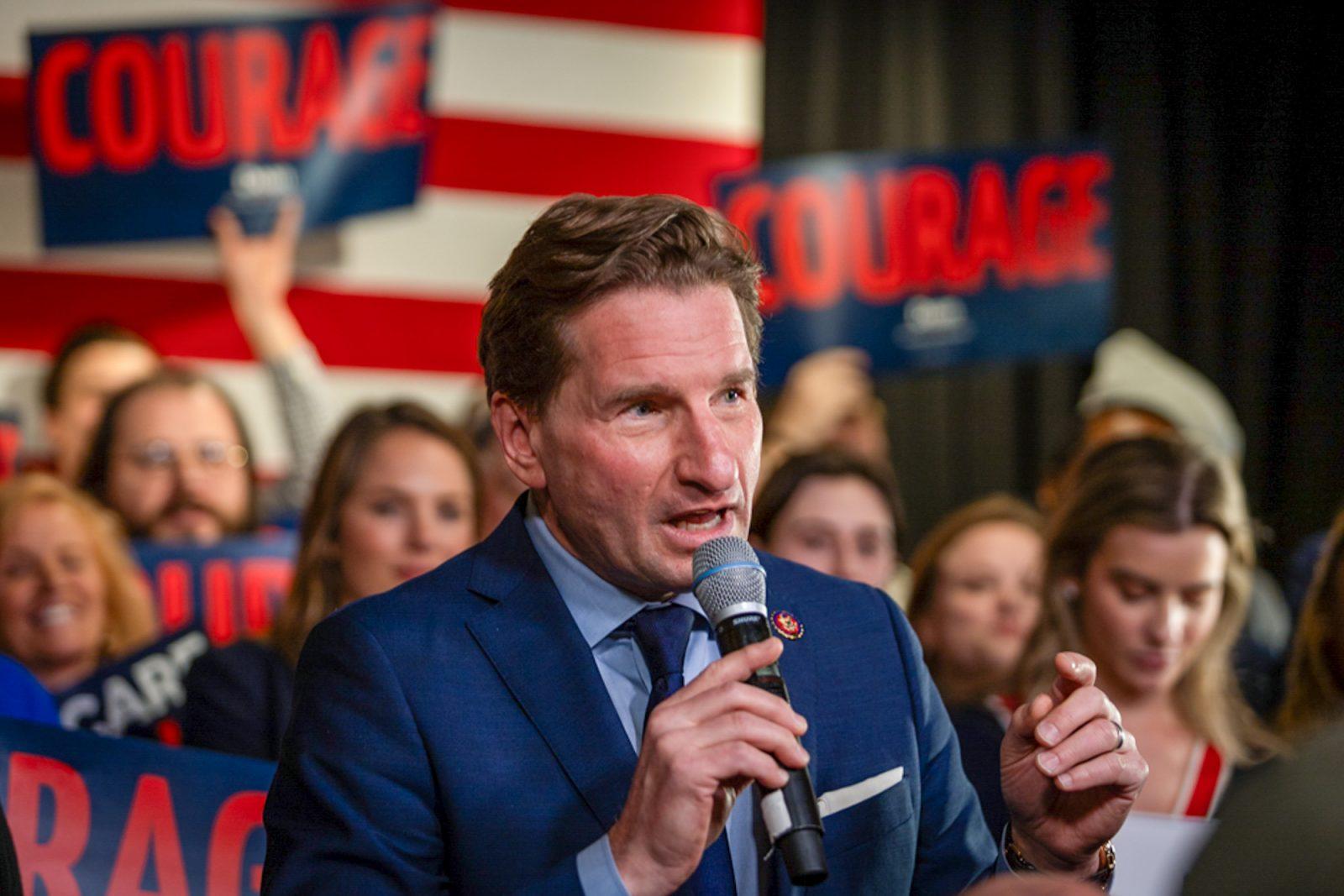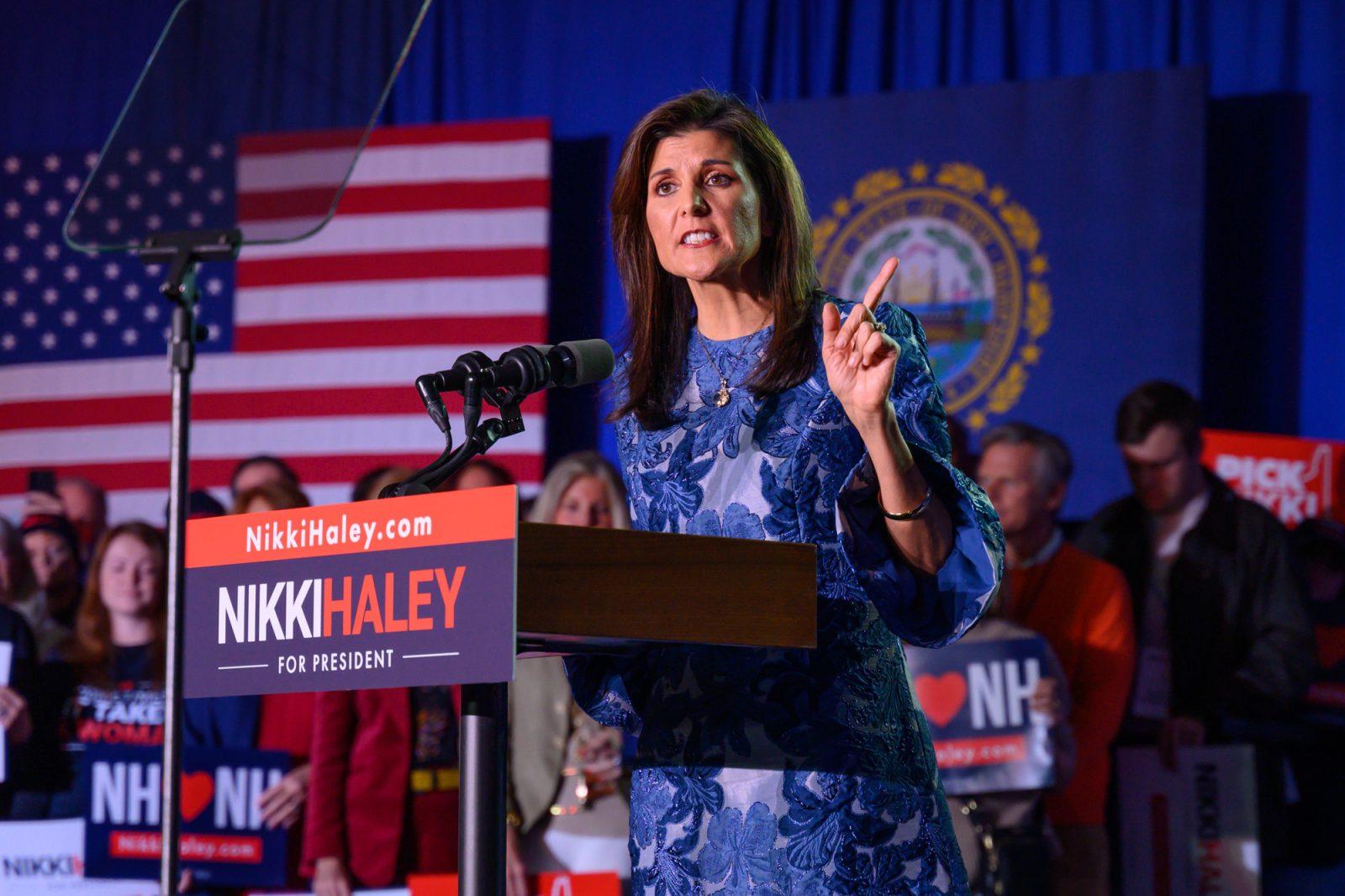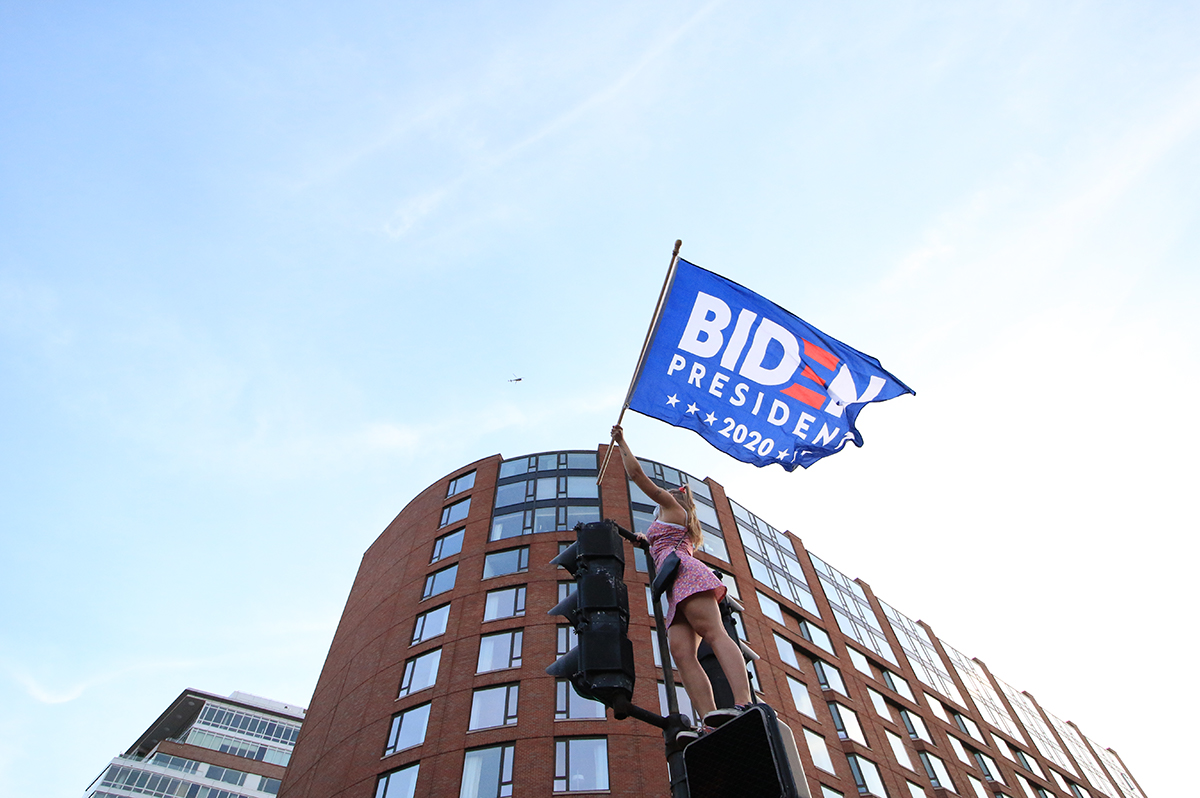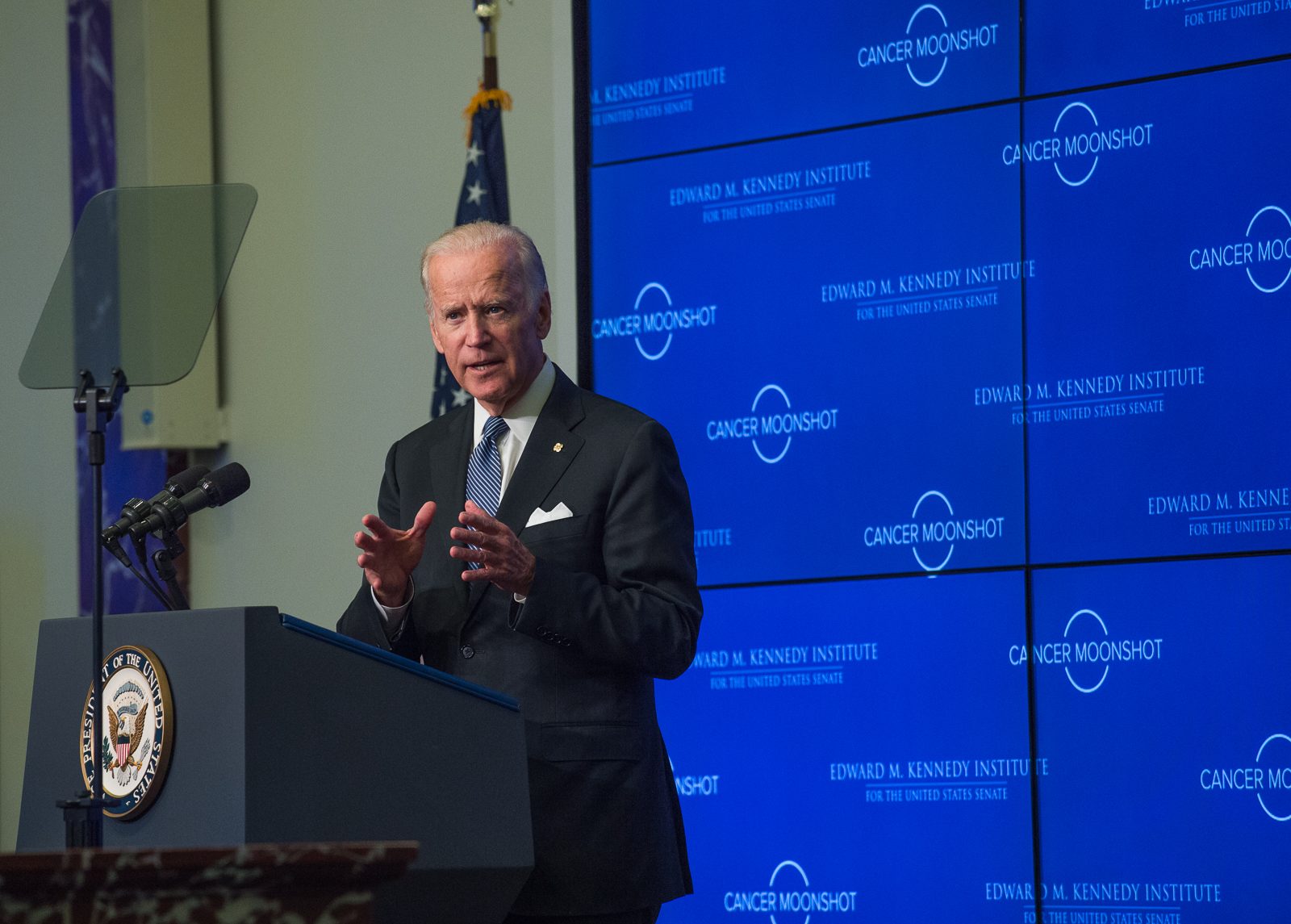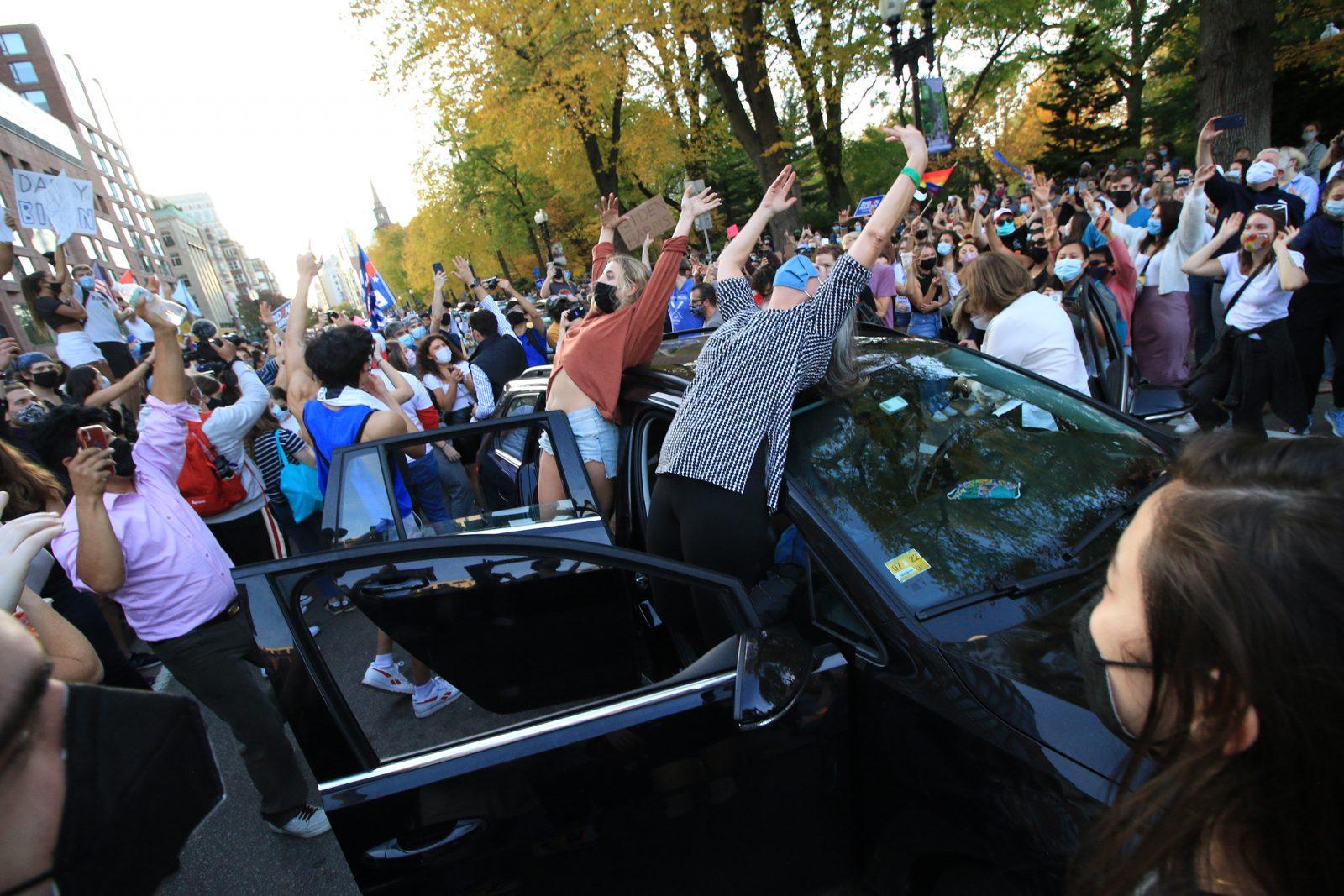While the federal government debates a national health care plan, statistics show Massachusetts has already had three years of mandated health insurance for its residents, which experts said sets a good example for the rest of the country that must be maintained as the Nov. 3 general election approaches.
As of September, it is estimated that 430,000 people have gained coverage in Massachusetts, which represents two-thirds of the 650,000 people previously uninsured, according to a report published by the nonprofit Henry J. Kaiser Family Foundation.
Michelle Mello, a Harvard School of Public Health professor, said she thinks the state’s reform enacted in late 2006 has set the bar for the federal plan.
‘We have managed to achieve something that no other states have,’ she said. ‘What we have here is even stronger than the federal reform.’
Health care is ‘absolutely’ a major issue for the upcoming Boston mayoral election, incumbent Mayor Thomas Menino’s campaign spokesman Nick Martin said in an email.
‘Mayor Menino continues to fight for better health care options by increasing access to quality health care for residents and promoting a healthier city through initiatives such as the healthy meals program in school and a pilot program to combat childhood obesity among at-risk populations, especially among low income minorities,’ he said.
Opposing candidate Michael Flaherty, a City Councilor-at-Large, said on his website that he is ‘keenly aware’ that many Bostonians are without ‘quality, affordable health care . . . coverage.’
‘[Flaherty] has tirelessly advocated to improve health care opportunities for residents in all neighborhoods,’ the site states. ‘With his strong ties to our community health centers and a commitment to eliminating persisting health care disparities, Michael will continue to make the well-being of Boston residents a top priority for his Mayoral Administration.’
According to the KFF report based on estimation from the Massachusetts Division of Health Care Finance and Policy, only 2.6 percent of the state’s residents remained uninsured as of June 30, 2008, the lowest rate in the country.
The U.S. Census Bureau found that 15.4 percent of Americans were without health insurance as of Sept. 2008, when the report was released.
Despite these figures, some said the amount of money put into the state’s plan has been cause for concern.
Alan Sager, a Boston University School of Public Health professor, said Massachusetts has the most expensive health care in the world at $11,000 per person, more than the U.S. average tht is already twice that of the average wealthy country, but the cost does not produce proportional results.
‘The death rate here is the same as in Utah, where they spend the least per person,’ Sager said. ‘Maybe we’re not getting our money’s worth.’
Sager estimated that half of health care money is wasted by doctors issuing unnecessary prescriptions, tests and surgeries, though they are not known to be superfluous until after the fact.
‘We rely more heavily on teaching hospitals, more expensive research and grants, but most of the excess isn’t justified,’ Sager said.
Mello, on the other hand, said she thinks the costs are worth the gain of a successful health care plan.
‘There is a big difference between something being costly and cost-ineffective,’ she said.
Both Sager and Mello agreed that cost is a significant concern for anyone with health insurance, regardless of the average family income.
‘There will always be people for whom even the cheapest insurance isn’t possible,’ Mello said.
Though there are still problems regarding cost, Massachusetts remains one step ahead of the rest of the nation, and will avoid much of the initial shock if the federal reform bill is passed, they said.
In regards to the federal plan, Mello said she ‘wouldn’t be enthusiastic about moving away from’ the Massachusetts plan in favor of the federal one, though she acknowledged that the federal plan might improve upon their existing policies.
But Sager did not express as much faith in the federal plan as Mello.
‘Washington doesn’t have effective methods of containing costs,’ Sager said. ‘Washington can’t bomb the problem from 30,000 feet. They are going to have to stretch and find the money.’






















































































































